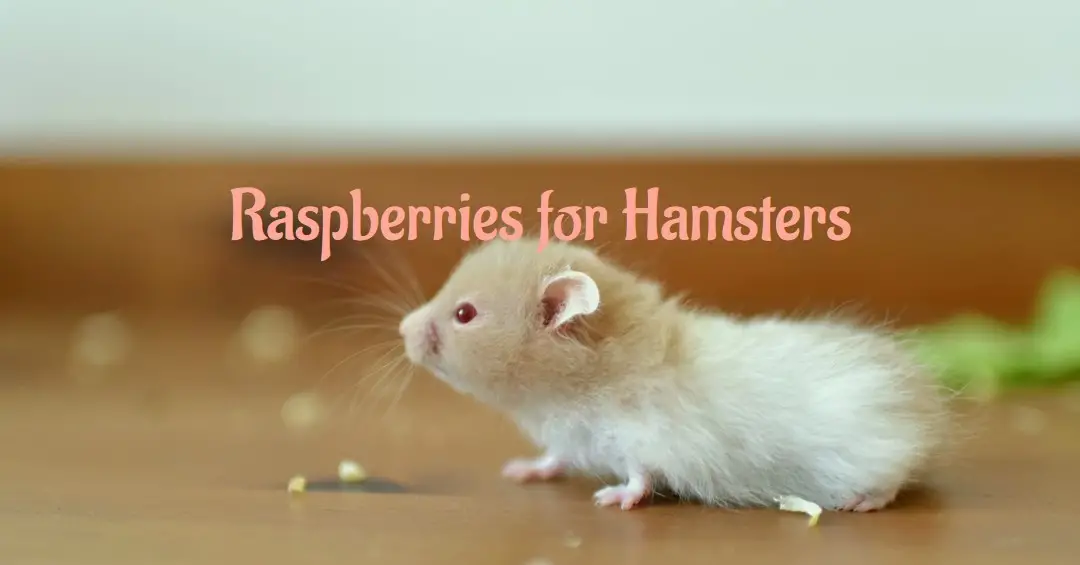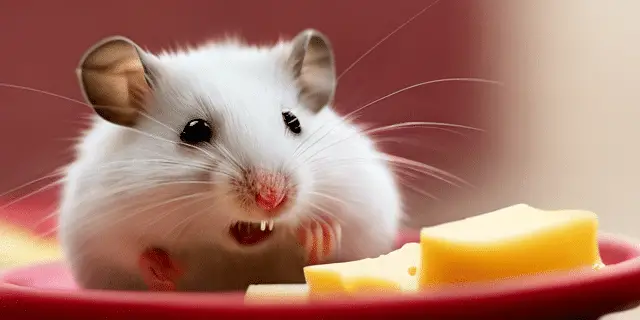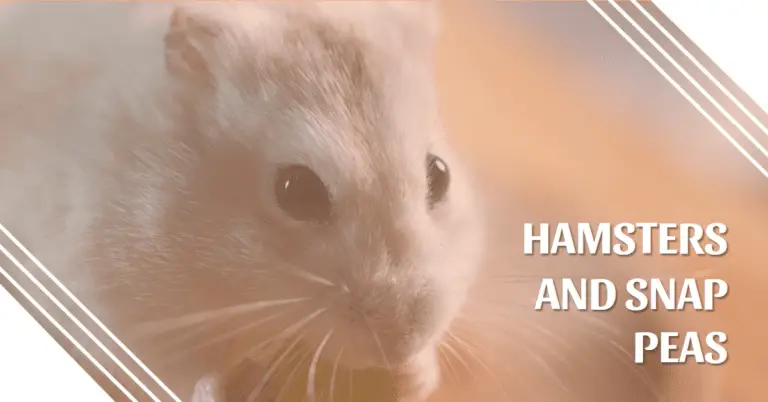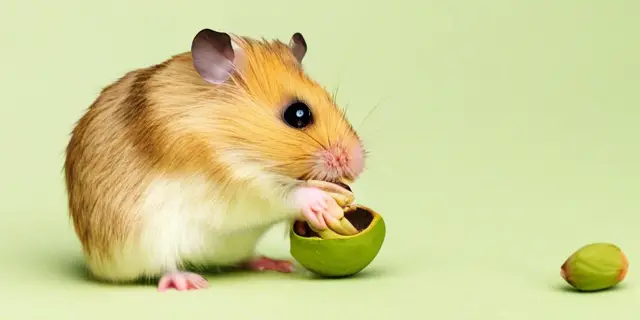Introduction
As a hamster owner, it’s essential to provide your furry friend with a balanced and healthy diet. While hamsters are known for their love of seeds and grains, it’s natural to wonder about the suitability of other foods, such as fruits. One common question among hamster enthusiasts is whether these adorable little creatures can enjoy raspberries. In this article, we’ll dive into the details of feeding raspberries to hamsters, exploring their nutritional value, potential benefits, and any risks to consider.
Nutritional Value of Raspberries
Raspberries are a delicious and nutrient-dense fruit that offer a range of essential vitamins and minerals. They are an excellent source of:
| Nutrient | Amount per 100g |
|---|---|
| Vitamin C | 26.2 mg |
| Vitamin K | 7.8 mcg |
| Manganese | 0.6 mg |
| Copper | 0.1 mg |
| Fiber | 6.5 g |
Raspberries also contain small amounts of other vitamins and minerals, such as vitamin E, folate, and magnesium. Additionally, these berries are rich in antioxidants, which can help protect your hamster’s cells from damage caused by free radicals.
Can Hamsters Eat Raspberries?
The good news is that, yes, hamsters can eat raspberries in moderation. Raspberries are not toxic to hamsters and can be a healthy treat when given in small amounts. However, it’s essential to introduce new foods gradually and monitor your hamster’s reactions to ensure they don’t experience any adverse effects.
Potential Benefits of Raspberries for Hamsters
- Hydration: Raspberries have a high water content, which can help keep your hamster hydrated, especially during warmer months.
- Fiber: The fiber in raspberries can aid in digestion and prevent constipation.
- Antioxidants: The antioxidants found in raspberries can help support your hamster’s overall health and well-being.
Feeding Raspberries to Hamsters: Dos and Don’ts
While raspberries can be a healthy treat for hamsters, it’s crucial to follow some guidelines to ensure their safety and well-being.
Dos:
- Wash the raspberries thoroughly to remove any dirt, pesticides, or other contaminants.
- Introduce raspberries gradually, starting with a small portion (about half a raspberry) and monitoring your hamster’s reaction.
- Offer raspberries as an occasional treat, no more than once or twice a week.
- Provide fresh raspberries and remove any uneaten portions after a few hours to prevent spoilage.
Don’ts:
- Don’t feed raspberries with moldy or mushy spots, as these can make your hamster ill.
- Avoid feeding your hamster too many raspberries, as the high sugar content can lead to obesity and other health issues.
- Never feed your hamster raspberry leaves or stems, as they can be hard to digest and may cause intestinal blockages.
Incorporating Raspberries into Your Hamster’s Diet
When introducing raspberries to your hamster’s diet, it’s essential to do so gradually and in moderation. Here are some tips for incorporating this delicious fruit:
- Start with small portions, such as half a raspberry, and monitor your hamster’s reaction.
- If your hamster enjoys raspberries and shows no adverse effects, you can gradually increase the portion size to a full raspberry or two, but no more.
- Offer raspberries as an occasional treat, no more than once or twice a week, to avoid overindulging.
- Combine raspberries with other healthy treats, such as small pieces of cucumber or carrot, to create a varied and balanced diet.
Alternatives to Raspberries
If you’re looking for other healthy treats to offer your hamster, here are some alternatives to consider:
- Blueberries: These tiny berries are packed with antioxidants and can be a great occasional treat for your hamster.
- Strawberries: Another popular berry choice, strawberries are rich in vitamin C and can be fed in small amounts.
- Apples: A few small slices of apple can provide your hamster with fiber and hydration.
- Carrots: Crunchy and nutrient-dense, carrots make an excellent treat and can help wear down your hamster’s continuously growing teeth.
Conclusion
In conclusion, hamsters can indeed enjoy raspberries as an occasional treat, provided they are introduced gradually and in moderation. These berries offer a range of essential nutrients and antioxidants that can contribute to your hamster’s overall health and well-being. However, it’s crucial to follow the dos and don’ts outlined in this article to ensure your hamster’s safety and prevent any adverse reactions. By incorporating raspberries and other healthy treats into your hamster’s diet, you can provide a balanced and enjoyable dining experience for your furry companion.





